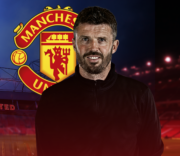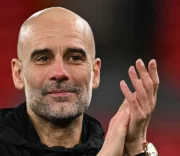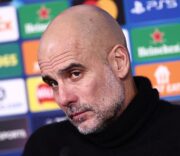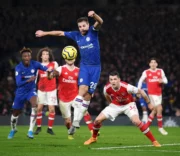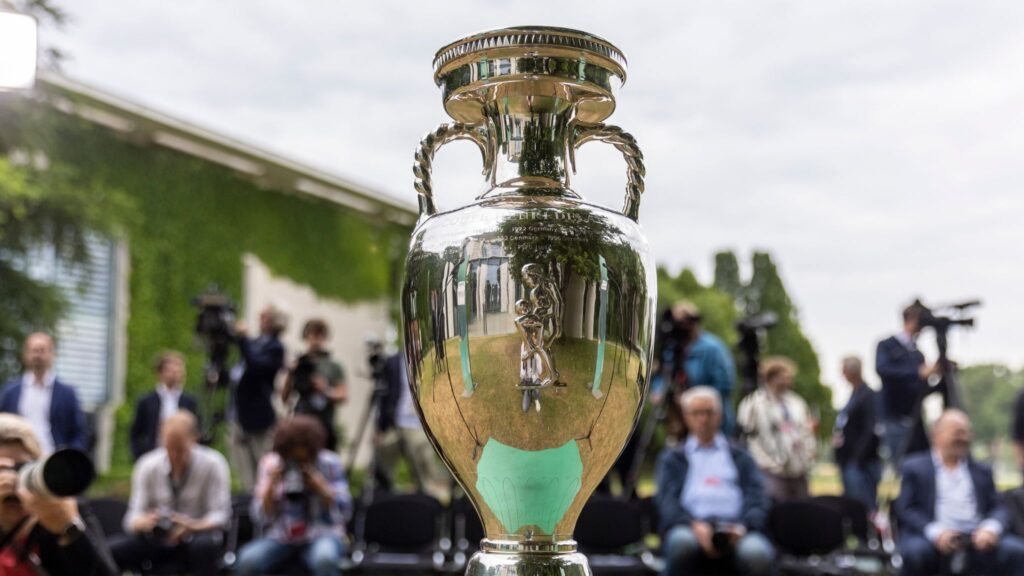
The grand stage of football is set to shine brighter than ever. The UK and Ireland, with their joint bid, are on the brink of hosting the much-anticipated Euro 2028. This event, a significant chapter in football’s chronicle, promises not just world-class matches but also an amalgamation of cultures and a celebration of unity.
The Bid’s Significance
For those who’ve passionately followed football, the Euro Championships stand as one of the pinnacles of the sport. The tournament has given us moments of sheer joy, heartbreak, and tales of underdogs defying the odds.
The UK and Ireland are no strangers to football’s charm. The nations have previously reveled in the game’s magic, notably during the unique pan-European format of Euro 2020. Now, seven years post that event, the islands hope to recreate, if not surpass, those memories.
This isn’t just about football. It’s about history. It’s about two close neighbours, with intertwined histories, coming together to celebrate the world’s most beloved sport.
To Qualify or Not: The Dilemma
One of the primary discussions surrounding the Euro tournaments, especially for host nations, has always been about qualification. Historically, if you host, you play. But with multiple nations involved, does that still hold?
Here’s what makes this debate interesting:
- Tradition vs Merit: Automatically qualifying could boost morale, but it could also deprive the national teams of the competitive grit that comes from the qualification process.
- Engagement: A sure spot might ensure more local engagement, with fans assured of seeing their teams play.
The FA, respecting the essence of competition, seems inclined to have England participate in the qualification rounds. A move that not only emphasizes the importance of merit but also showcases the nation’s confidence in its team.
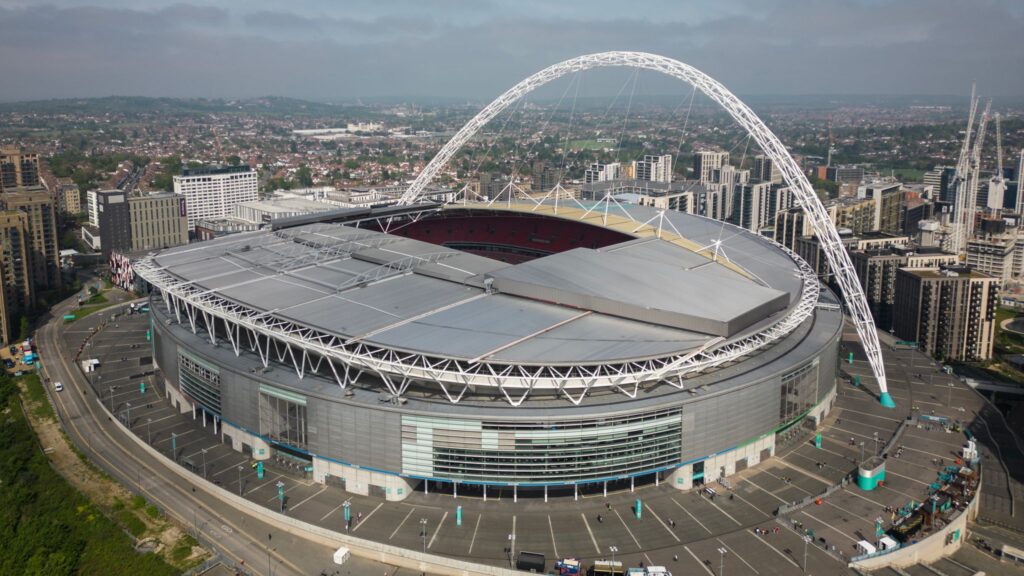
Stadiums: More Than Just Venues
The selected stadiums are not just architectural marvels but also repositories of countless memories. Here’s where the action is set to unfold:
- England: The iconic Wembley in London, the modern marvel that is the Tottenham Hotspur Stadium, Manchester’s Etihad, Newcastle’s historic St James’ Park, Birmingham’s Villa Park, and Liverpool’s promising new Everton Stadium.
- Wales: Cardiff’s colossal Principality Stadium.
- Scotland: Glasgow’s Hampden Park, a venue steeped in history.
- Ireland: Dublin’s Aviva Stadium, a modern symbol of Irish football.
- Northern Ireland: Belfast’s Casement Park, which awaits redevelopment.
Each stadium has its tale and stands as a testimony to football’s vast legacy in these nations. And of course, the buzz about Wembley hosting the final is palpable. Given its capacity and historical significance, it seems like the perfect venue for such an illustrious event.
Insights from Key Figures
The bid and the looming event have evoked reactions from various corners. The football administration world and the coaching fraternity have voiced their perspectives.
Noel Mooney highlighted the unity and shared vision in the bid, emphasizing a collective dream. On the other hand, England’s manager, Gareth Southgate, with his usual calm demeanor, pointed out the dual feelings of pride and advantage associated with hosting such an event. His statement encapsulates the emotions and strategic advantages that come with home turf.
UEFA’s Perspective: Beyond Just Football
While fans await thrilling matches, UEFA has a broader vision. Football is not just about passion; it’s a significant economy. Post the financial turbulence induced by the Covid-19 pandemic, Euro 2028 serves as an opportunity for UEFA to solidify its foundation.
Awarding the championships to major football markets like the UK and Ireland could be a game-changer. The revenue streams, ranging from ticket sales, sponsorships, merchandise, to broadcasting rights, could provide the financial thrust that European football desperately needs.
Challenges Ahead
No significant event is devoid of challenges, and Euro 2028 is no exception. One of the focal points has been the redevelopment of Casement Park. A blend of legal tussles, rising costs, and political dynamics has made this project a challenging one.
Moreover, the shadow of Euro 2020, especially the events at Wembley during the final, brings security concerns to the forefront. Ensuring a seamless, safe experience for fans and players alike will be crucial.
A Glimpse into the Future
As the day of UEFA’s decision approaches, there’s more than just anticipation in the air. It’s hope, excitement, and the promise of a festival of football. The UK and Ireland, with their rich footballing traditions, are ready to welcome the world. Through the highs and lows, goals and misses, victories and heartbreaks, one thing is certain: Euro 2028 promises to be a memorable chapter in football’s enduring saga.









